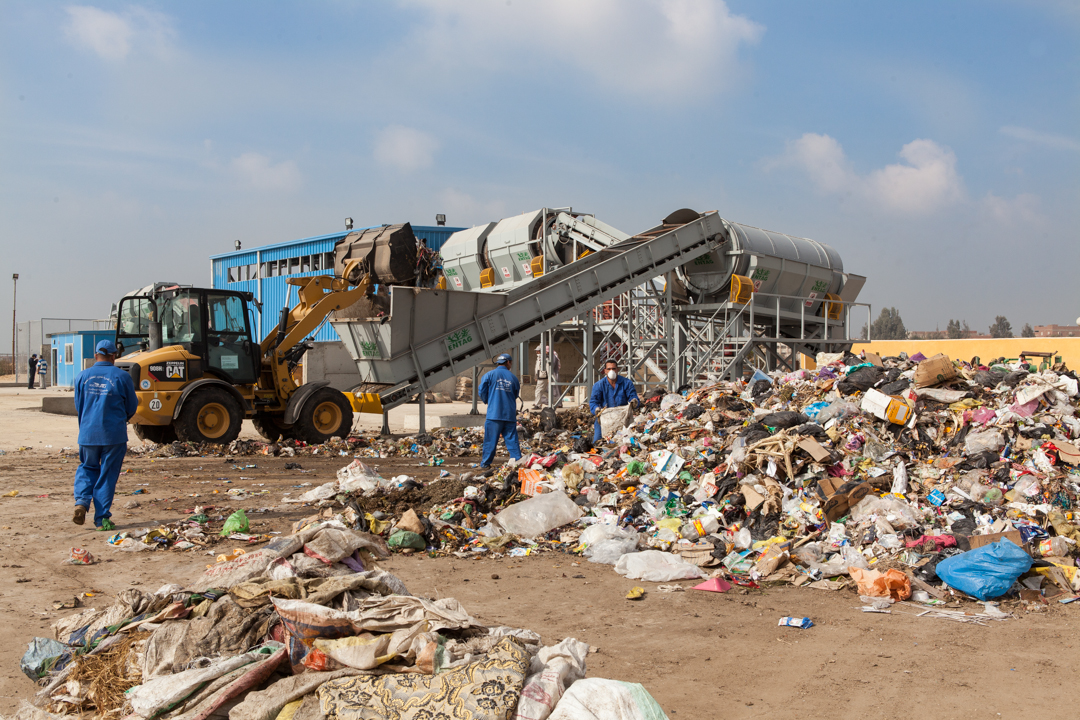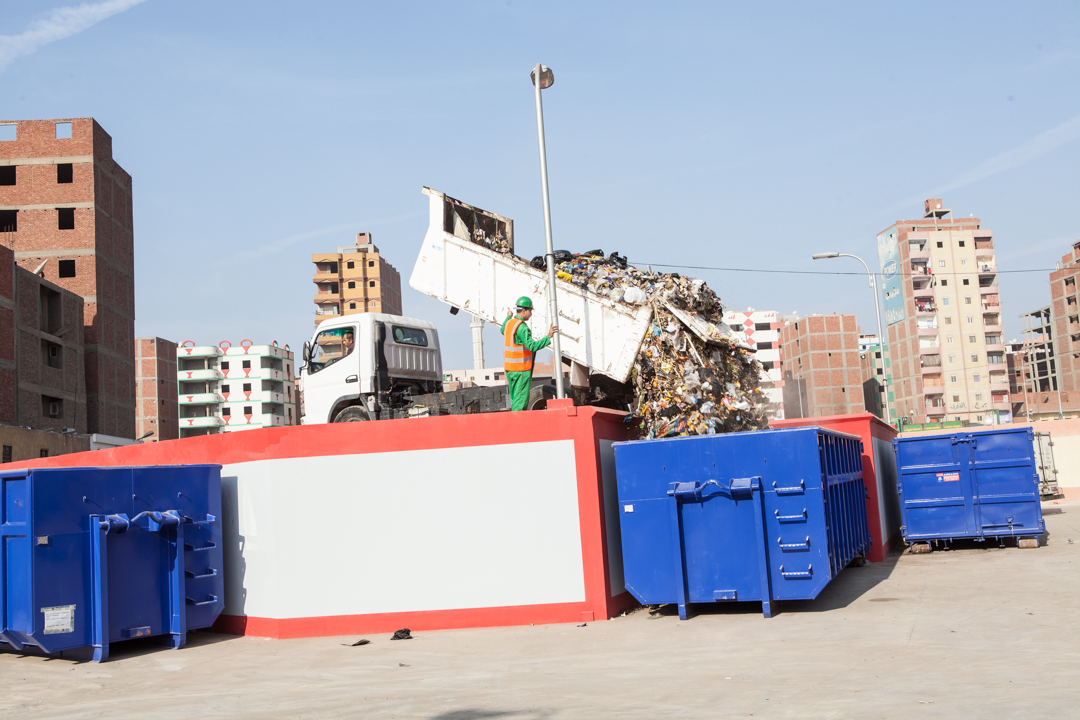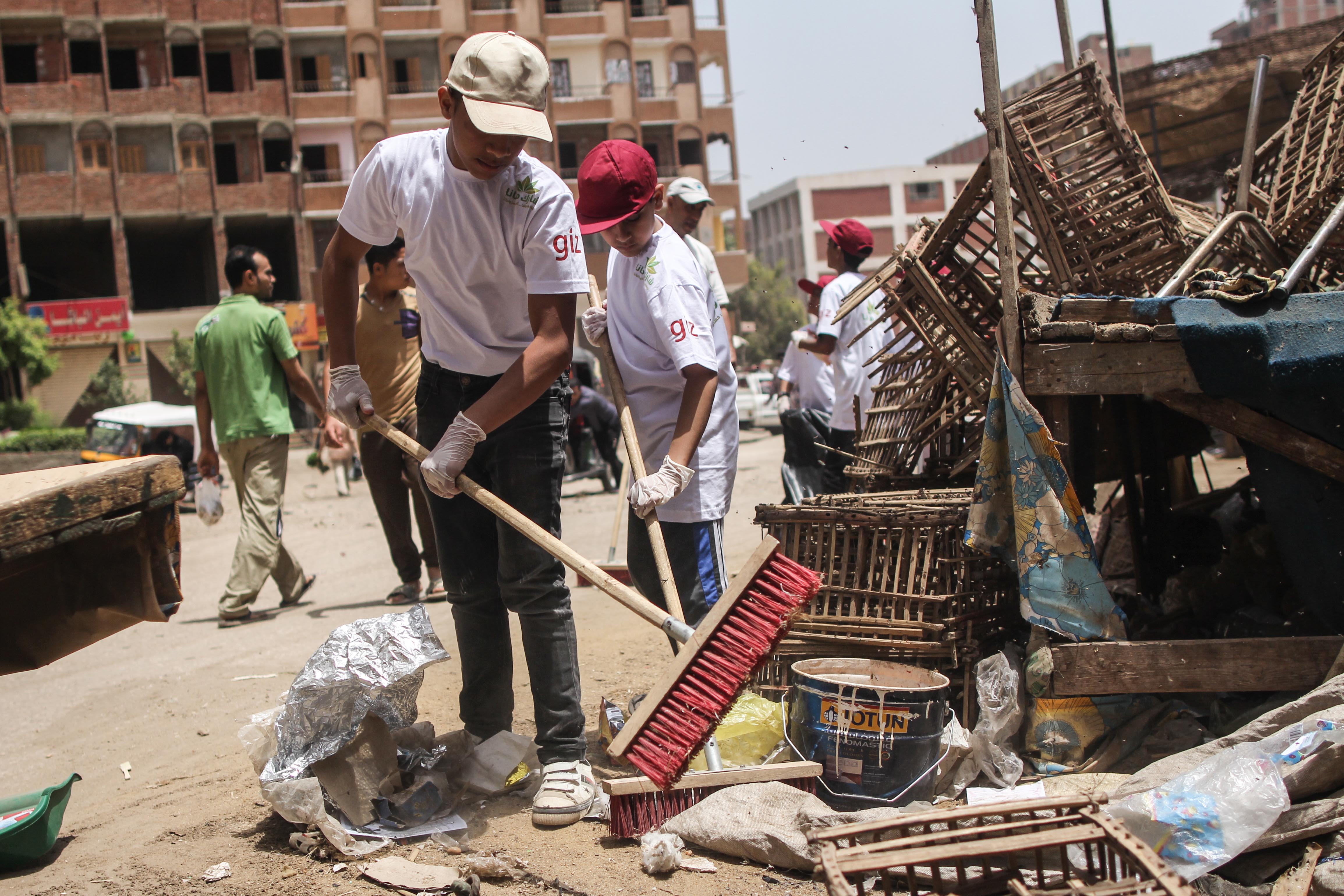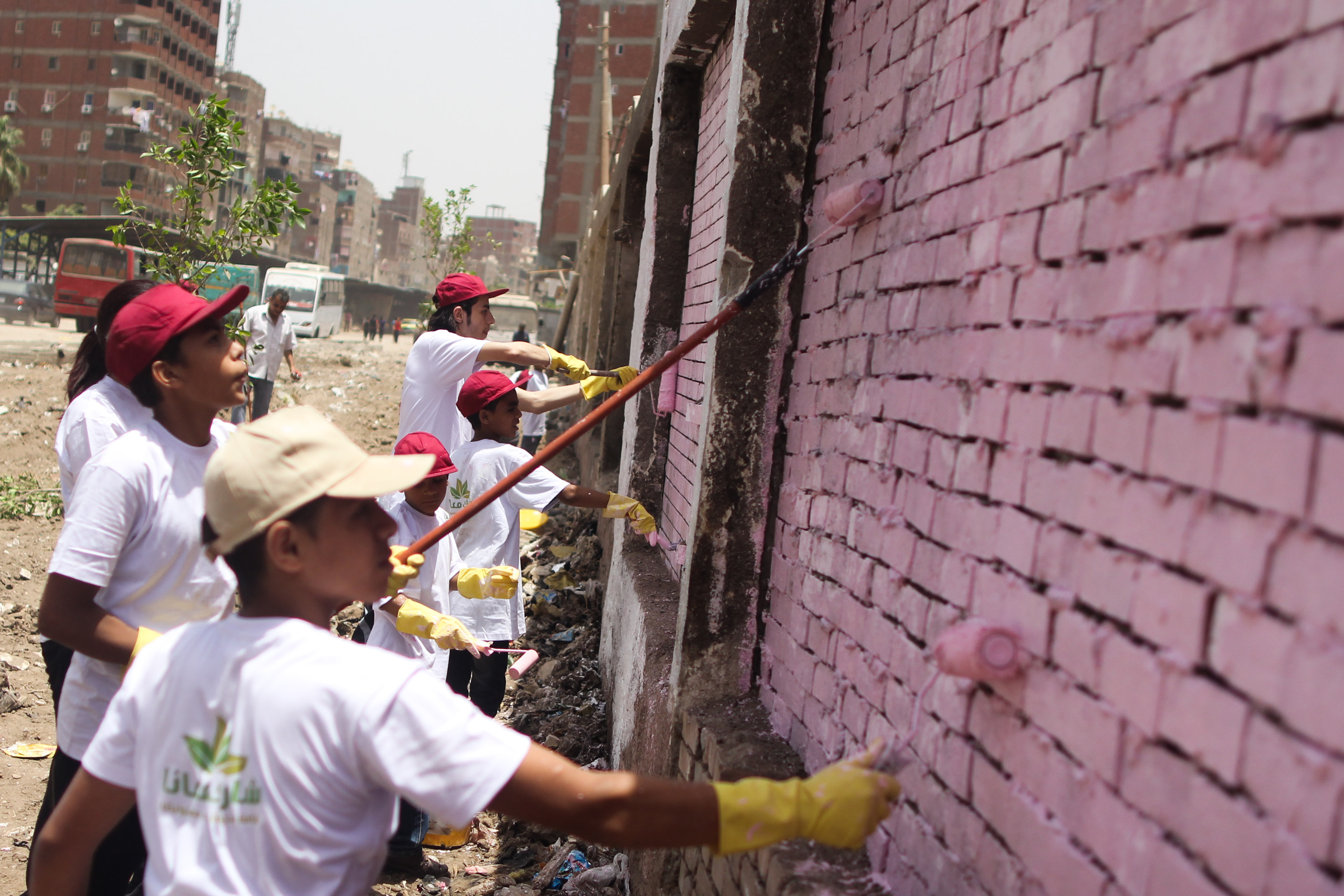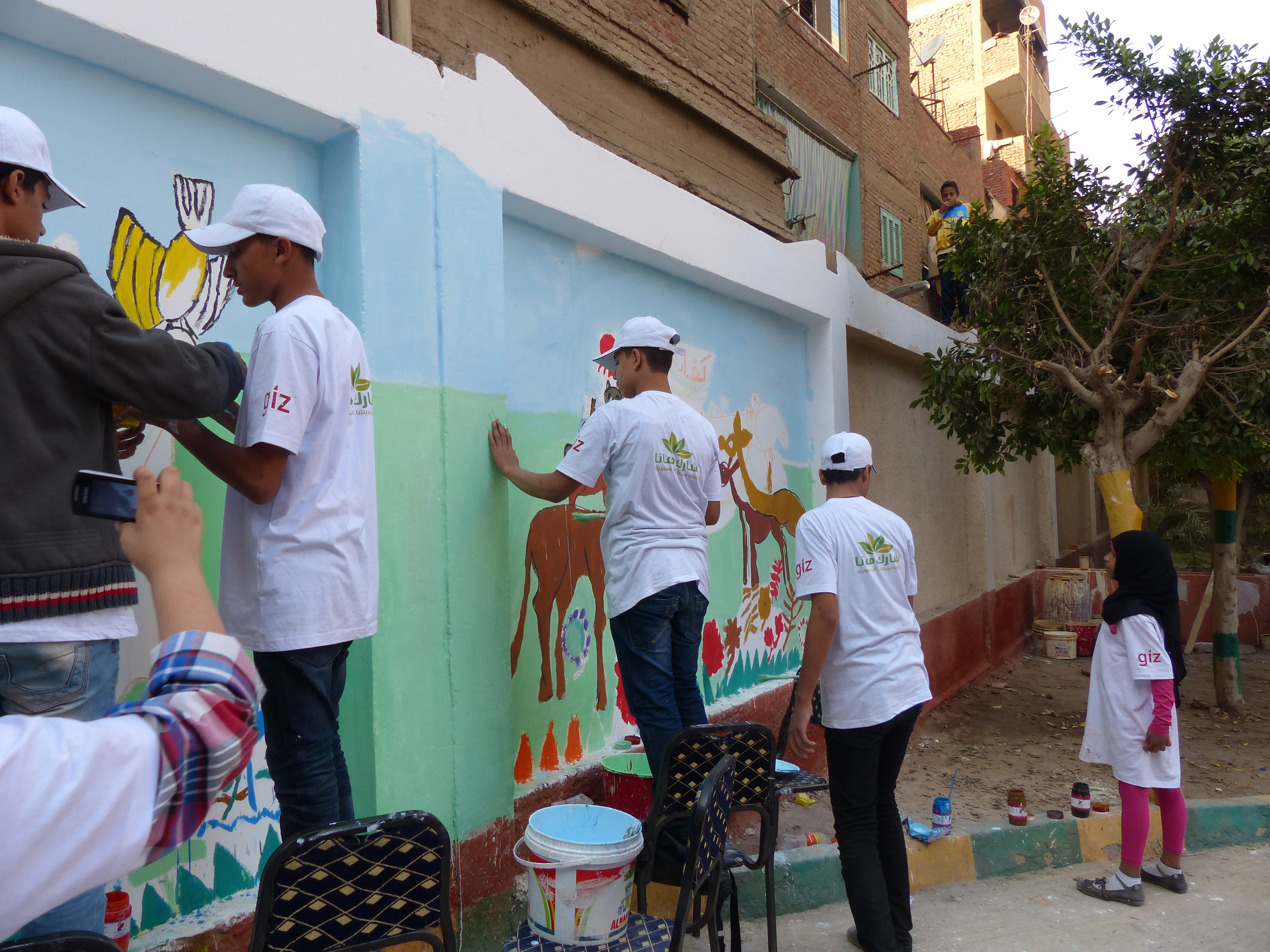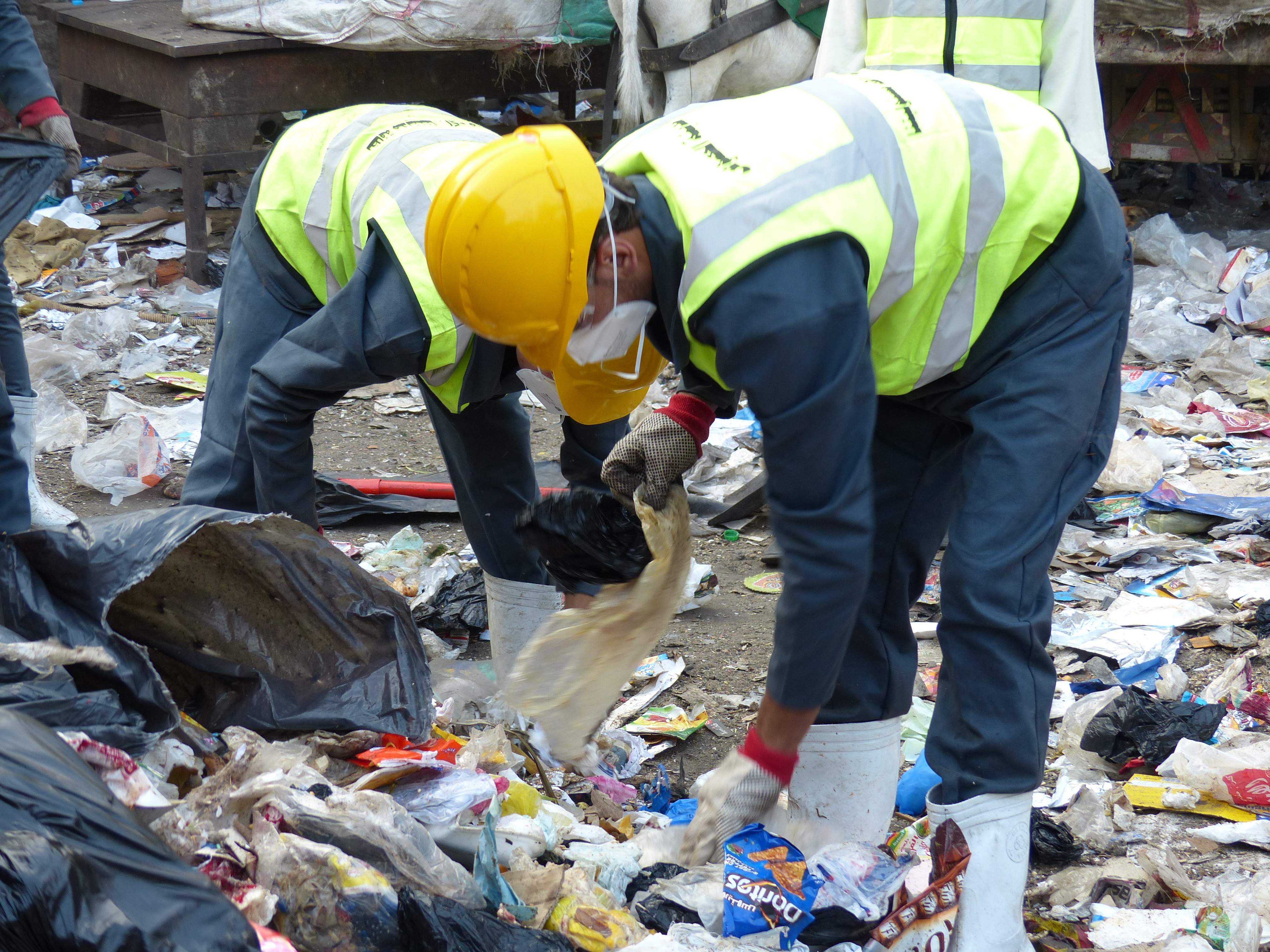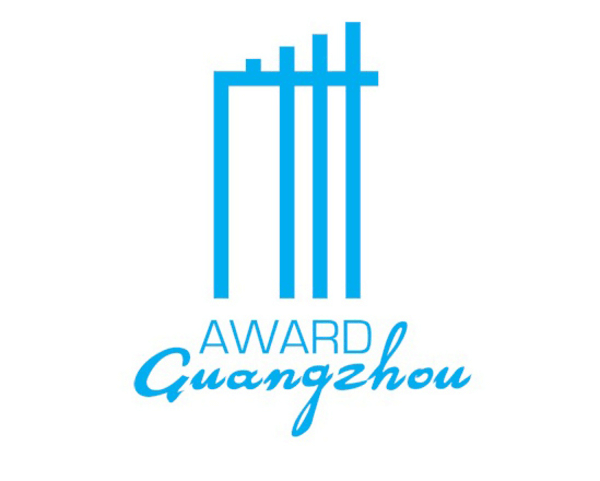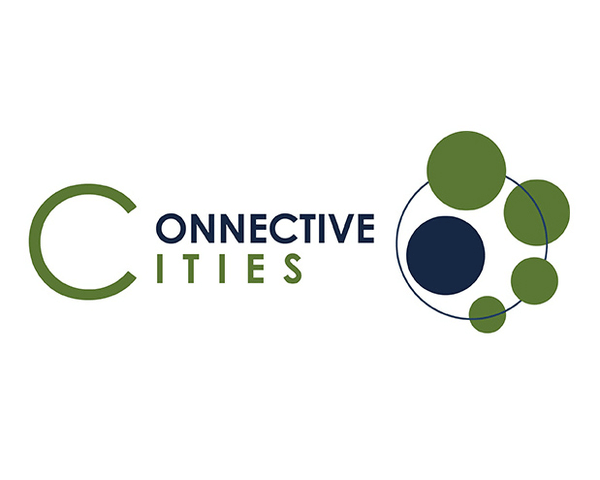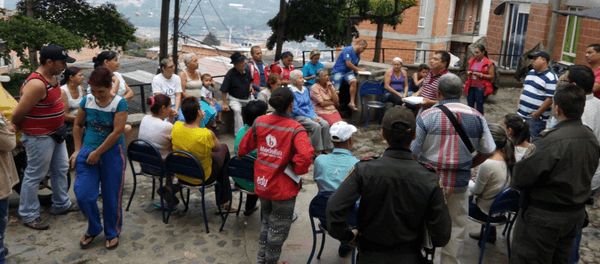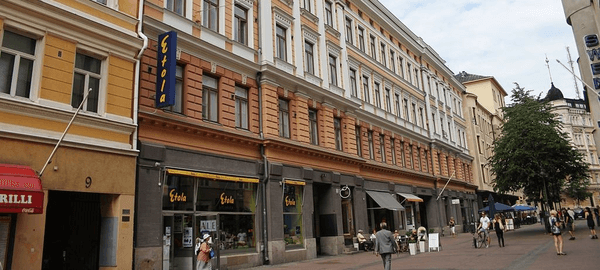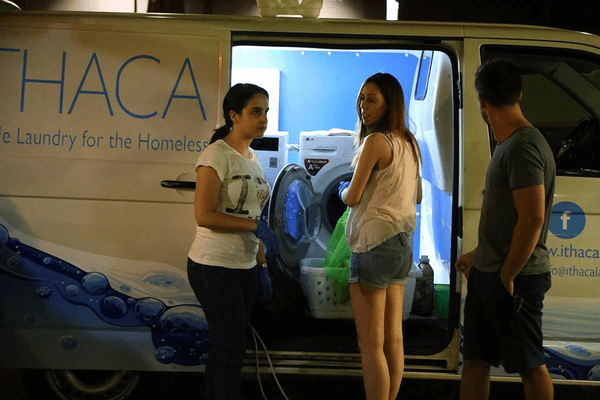City
Cairo
Main actors
Local Government, City Government, National Government, Private Sector, NGO / Philanthropy, Community / Citizen Group
Project area
Neighborhood or district
Duration
2004 - 2018
This project advises concepts and methods of participatory community development and grass roots based waste management in informal urban areas.
The Participatory Development Programme in Urban Areas (PDP) seeks to improve the living conditions of Cairo's urban poor. The PDP focuses on providing and disseminating participatory methods and instruments for integrated urban development. The PDP works with local administration, youth representatives, local leaders, NGOs and the private sector to build their capacities and help them improve service delivery and environmental conditions in their area.
The PDP provides grants for small and medium-scale local initiative projects to upgrade physical, social and socio-economic infrastructure in selected informal urban areas in Greater Cairo. Moreover, an integrated, community-based waste management system has been introduced in two poor urban areas in Qualyubeya governor administered district to better respond the needs of informal waste collectors and recyclers already operating in the sector. The issue of climate change and its consequences for informal urban areas is raised in order to increase awareness and promote initiatives improving the resilience of the poor urban population.
Originally published by the International Community of Practice for Sustainable Urban Development CONNECTIVE CITIES: http://www.connective-cities.net/en/connect/good-practices/cairo-participation-orientated-development-programme-in-urban-poverty-stricken-areas/
Guangzhou Award
This project was awarded the 'Guangzhou Award' in 2016.
External links / documents
On Map
The Map will be displayed after accepting cookie policy
